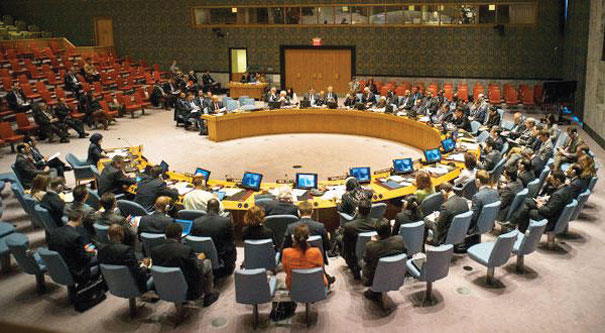
|
 |
 |
|
|
|
|
|
|
|
|
|
|
|
|
|
|
|
|
|
|
|
|
|
|
How to Respond to International Questions & CriticismCriticism is still being levelled against Bahrain by international human rights bodies and by some states at the Human Rights Council (UNHRC). Several queries are directed to the Government about specific human rights issues. Thus, many problems arise in this regard: First: Organizations complain about the lack or tardiness of responses. Second: Responses may be insufficient and do not properly or completely answer the specific questions asked. Third: It has become clear that there is a problem regarding the persuasiveness of official replies to the questions posed by international human rights bodies. Irrespective of the strength of the official responses, international organisations and institutions may still be inclined to doubt their credibility, due to lack of trust. In Some cases, the organizations say that official answers amount to mere ‘justifications’ of Government behaviour rather than ‘addressing’ the specific human rights issues. For this the reason, some may have wrongly understood that the Government of Bahrain is either unwilling or evading to answer the questions posed, which is untrue in most cases. Even in cases where the government has strong arguments, they are not presented or submitted. 1/ In official responses a difference is noted between the official position and that of international human rights organisations, in terms of the legal reference and characterization. When a certain case is viewed as relating to freedom of expression by the organisations, the official position sees it as an issue of contempt and incitement. What human rights activists regard as an exercise of the freedom of assembly is officially characterized as chaos and lawlessness.
Hence, we have two different cultures, drawing upon two sources of legal references, a national reference and an international reference, that follow different sets of standards. The two references should have been aligned, at least through Bahrain’s acceptance of the international law referentiality in certain specific issues related to the agreements signed or accessed to by Bahrain. Confusion occurs when official responses are based on Bahraini national laws, which do not, necessarily, take into account the international laws, conventions and treaties ratified by Bahrain, nor the relevant international standards. 2/ Official information, responses and data, generally address a local populist audience. However, the official discourse addressing international human rights organisations should have used the human rights language, taking into account that it is addressing a different, non - local mentality which has a distinct cultural and legal reference. Accordingly, the official human rights discourse must be developed, bearing in mind that it should differ from the domestic discourse. The international political ?and human rights community should be addressed in its own language and according to human rights standards. 3/ Use of generalities and digressions, is a characteristic of Arab discourse in general. The international human rights community, has very specific questions and inquires concerning very specific issues, thus answers must be direct to the point and avoid generalities. 4/ Shortage of evidence and fact-based information: In many cases, the authorities may have evidence which cannot be disclosed for security reasons, special circumstances or for legal considerations (e.g. in cases that are still pending adjudication) and hence insufficient information is submitted by the authorities. However, mutual agreement can be reached with these human rights organizations on the understanding that the information provided by the authorities, first of all, is not final and secondly, is not meant for publication, due to legal reasons. Providing information and timely responses can help to reduce the trust gap between the two sides. On the other hand, providing incomplete information, or information that does not cover the findings or show evidence, subjects the official responses to criticism and distortion. 5/ Repeatedly making unfulfilled promises (e.g. we shall issue an information law regulating the freedom of the press, we shall consider allowing the Special Rapporteurs to visit Bahrain, we shall issue a new law for civil societies). Thus, we conclude that if the official human rights discourse is to be convincing and professional, it has to be supported by evidence proving that the actions, procedures and verdicts taken in specific human rights cases, are in line with international laws and the conventions ratified by Bahrain. It does not help to simply invoke national laws alone, unless these laws are in conformity with international standards and agreements. Therefore, official authorities have to demonstrate, through their response? and discourse, that they have not violated these international laws and standards. |
